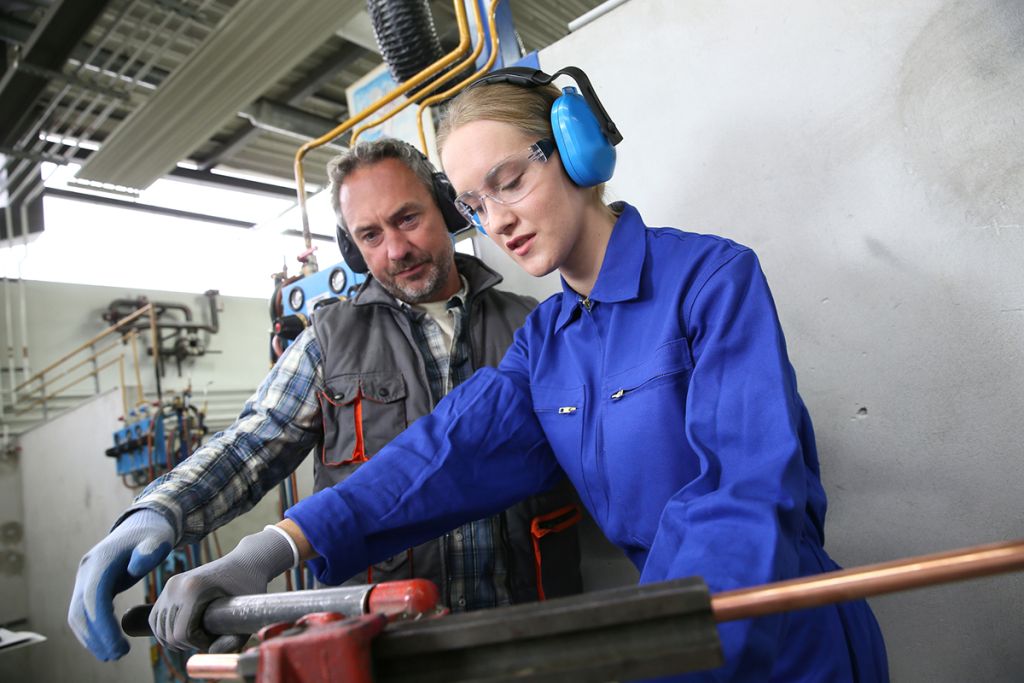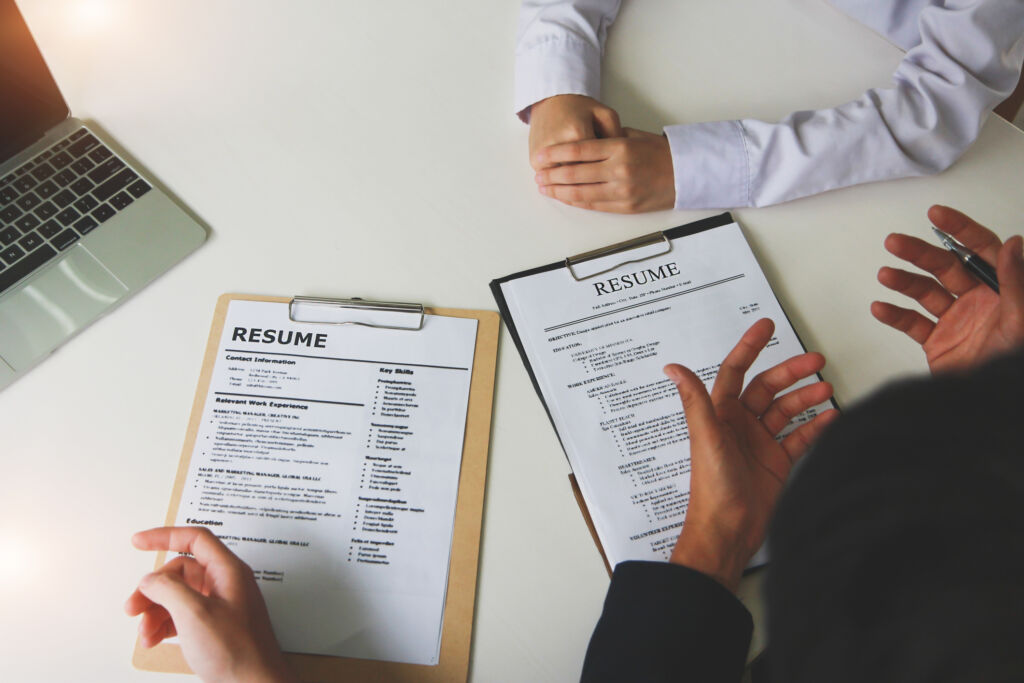THE CLOCK IS TICKING: HOW LONG DOES IT TAKE TO BECOME A LICENSED PLUMBER?
Have you ever considered becoming a licensed plumber, but felt overwhelmed by the amount of training required? The clock is ticking, and it’s time to break down just how many hours of training are needed to turn your plumbing passion into a career. Join us as we explore the ins and outs of what it takes to become a licensed plumber, so you can start making waves in this essential industry!

Educational Requirements
In order to become a licensed plumber, there are specific educational requirements that must be met. These requirements vary depending on the state and country in which you plan to practice as a plumber. However, there are some general guidelines that can help give an idea of what is typically required.
High School
The first step towards becoming a licensed plumber is completing high school or obtaining an equivalent education, such as a GED. A high school diploma is usually the minimum requirement for any vocational training program or apprenticeship in plumbing.
Trade Schools and Community Colleges
Many aspiring plumbers choose to enroll in a vocational training program at a community college or technical institute after high school.
- Duration: 6 months to 2 years
- Programs Offered: Plumbing technology, pipefitting and HVAC
- Benefits: Provides a strong theoretical foundation and practical skills that can shorten the apprenticeship period
Apprenticeship Program
An apprenticeship program is another common route towards becoming a licensed plumber. This involves working under the supervision of experienced plumbers while receiving on-the-job training and classroom instruction.
- Typical Duration: 4-5 years
- Hours Required: Approximately 2,000 hours of on-the-job training and 144 hours of classroom instruction per year
- Key Components:
- Installation, repair and maintenance of plumbing systems
- Reading blueprints and technical diagrams
- Understanding local and national plumbing codes
Certification and Licensing
After completing either a vocational training program or an apprenticeship, plumbers must pass a licensing exam in order to become fully licensed. The exact content of the exam may vary depending on the location but will generally cover topics such as plumbing codes, safety regulations, and basic plumbing knowledge.
Licensing Exams
- Content: Plumbing codes, system design and practical skills
- Preparation: Many apprenticeships provide preparation courses and study materials for the licensing exam
- Duration: The time to prepare and pass the exam can vary, but most plumbers are ready within a few months after completing their apprenticeship
Tips for Accelerating the Training Process
Becoming a licensed plumber requires hard work, dedication, and a significant amount of training. However, if you’re eager to start your career in plumbing as soon as possible, there are ways to accelerate the training process. Here are some tips that can help you speed up your journey towards becoming a licensed plumber.
- Choose the Right Training Program
Look for programs that offer a well-rounded curriculum with a balance of classroom learning and hands-on experience. Additionally, consider enrolling in an accelerated or intensive program that covers the necessary topics in a shorter period of time. - Utilize Online Resources
Take advantage of online resources, such as instructional videos, webinars, and virtual simulations to enhance your understanding of plumbing concepts and techniques. These resources can provide additional reinforcement to what you learn in class and help you grasp difficult concepts faster. - Seek Mentorship from Experienced Plumbers
Mentorship is crucial when it comes to gaining practical skills and knowledge in any field. Reach out to experienced plumbers in your community or through professional networking platforms and ask if they would be willing to mentor you during your training process. Learning directly from someone who has been working as a plumber for years can greatly accelerate your learning curve. - Practice Outside of Class
To become proficient at plumbing skills, it’s important to practice outside of class hours too. You could volunteer at local organizations or shadow experienced plumbers on their jobsites whenever possible. This will give you the opportunity to put into practice what you have learned so far and receive feedback from professionals. - Don’t Be Afraid to Ask Questions
Asking questions is essential for clarifying doubts and fully understanding difficult concepts during your training process. Become familiar with new technologies used by modern plumbers, to increase their safety while doing work. You should also consult with instructors after class hours if needed. This will demonstrate your commitment to learning and improve the speed at which you progress through your training. - Stay Organized and Focused
With a heavy workload and fast-paced training, it’s important to stay organized and focused. Set personal goals for each class or training session, create a study schedule, and eliminate distractions during study time. This will help you make the most of your training hours and effectively accelerate the process.
By following these tips, you can speed up your journey towards becoming a licensed plumber. However, keep in mind that proper training takes time and cannot be rushed entirely. With hard work, dedication, and patience, you can successfully complete your plumbing training and become a licensed professional in no time!


